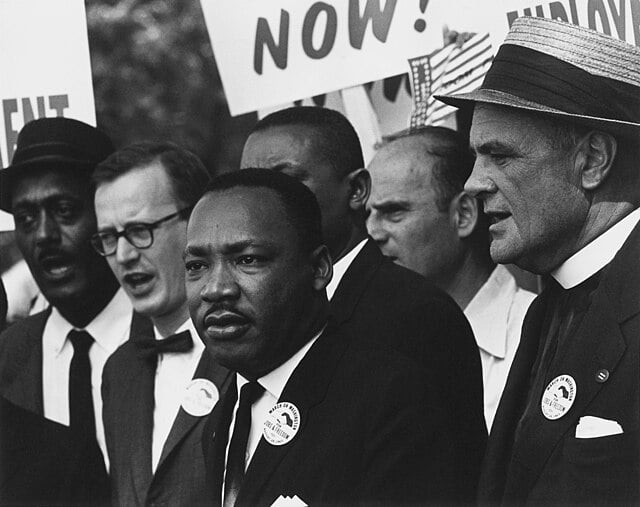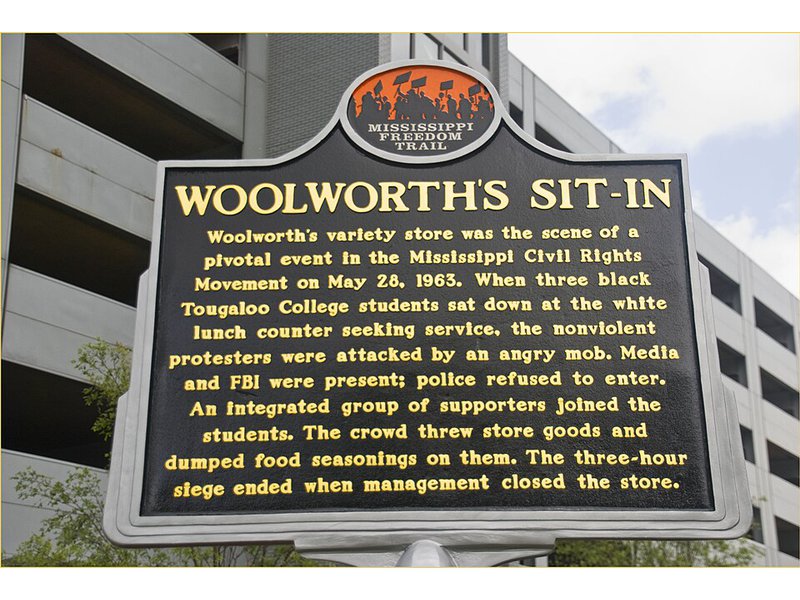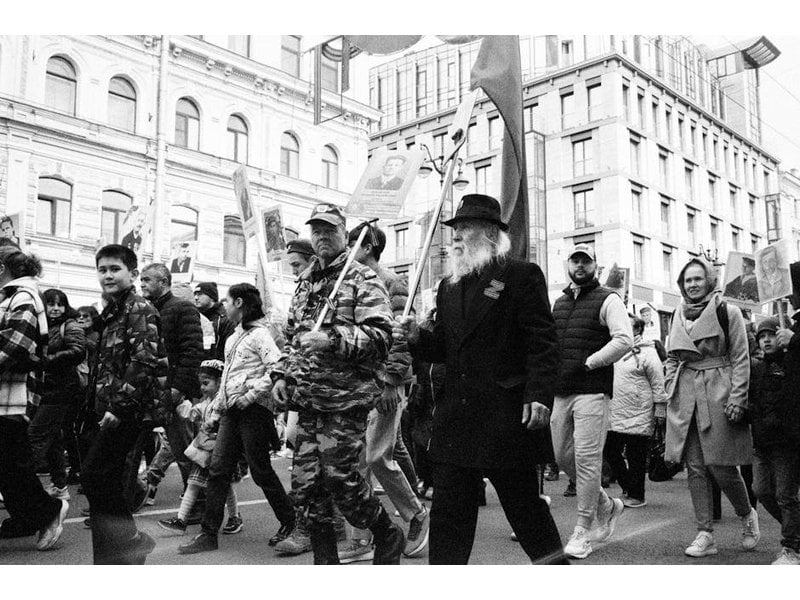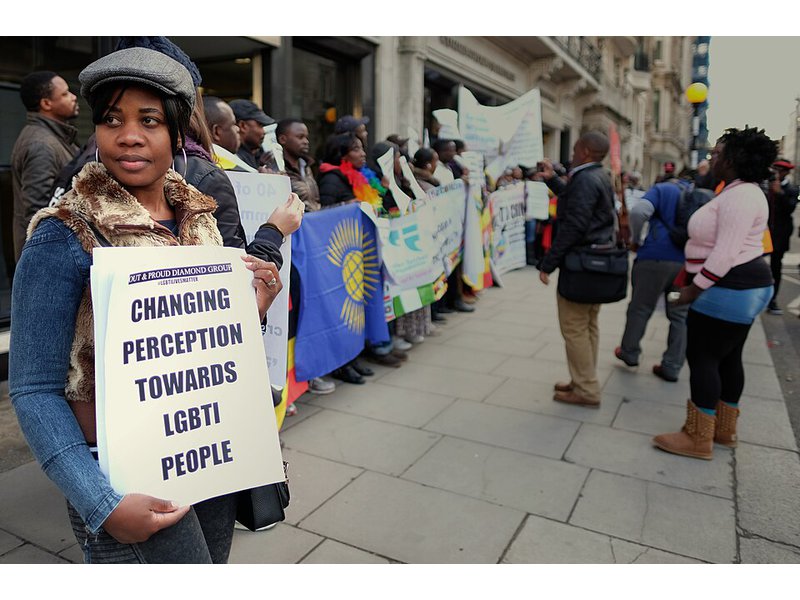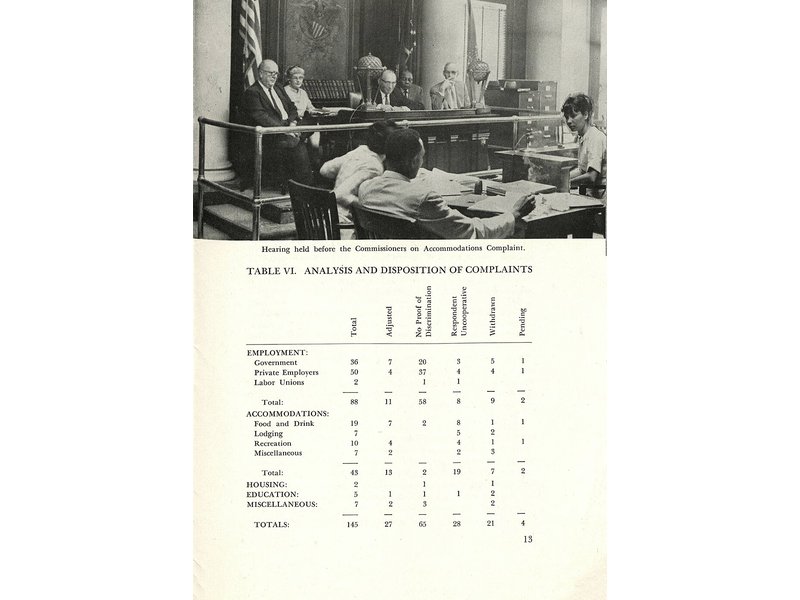152 delay and cancellation of diplomatic events

"Governments may stall or completely halt certain negotiations, meetings, conferences and the like as a result of displeasure with the actions or policies of another government involved in such events. For example, Gordon A. Craig argues that in the past it has been the practice of the Soviet Union to prolong negotiations for months and even years, sometimes also shifting the level of negotiation (say, from the ambassadorial to the ministerial level, and then to heads of state), with the result that the issues at stake and original points of difference become blurred, with assistance from publicity efforts."...
Potentially problematic matches
High scoring campaigns using this method
Historical cases from the Nonviolent Action Database that used this method
International campaign against the Multilateral Agreement on Investment 1996-98
In September of 1995, international negotiations began on a draft agreement called the Multilateral Agreement on Investment (MAI). The document was being negotiated by members of the Organization for Economic Cooperation and Development (OECD). The s...
Bulgarians defend Jews from deportation during World War II, 1941-1945
Early on in the Second World War, Bulgaria was a member of the Axis powers, having signed the Tripartite Pact on March 1, 1941. However, Bulgaria was not emotionally attached to the ideals of the major Axis powers. They simply signed on because they ...
U.S. officials nonviolently intervene in South Korea to protect leading dissident Kim Dae Jung, 1985
South Korea experienced political turmoil in the decades following the Korean War under the rule of several autocratic leaders who severely limited political freedom in society. As S. Korea was a crucial ally against the expansion of communism, the U...
Guatemalan indigenous peoples campaign for equal rights, 1977-1981
On February 4, 1976, a massive earthquake hit the highlands of Guatemala and displaced more than one million people. Indigenous groups from the departments of Sacatepequez, Chimaltenango, Guatemala, and Quiche were hit the hardest and the weak respon...
Low scoring campaigns using this method
Historical cases from the Nonviolent Action Database that used this method
